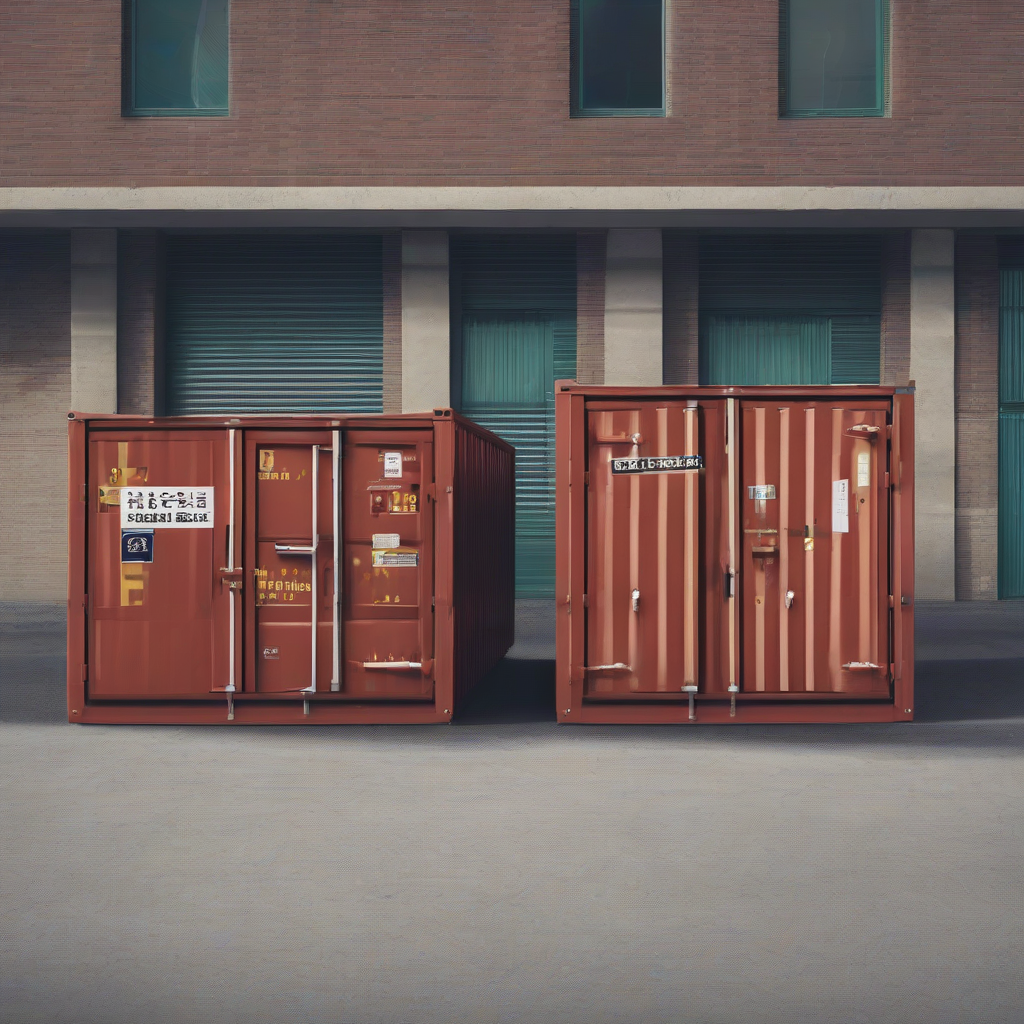
Finding the Perfect Storage Unit: Your Local Guide to Self Storage Near You
The search for “storage units near me” often begins with a need – extra space for seasonal items, furniture during a move, business inventory, or simply decluttering a home. This guide navigates the process of finding the ideal storage solution, focusing on factors to consider and practical steps to take.
Understanding Your Storage Needs
- Size and Type of Unit: Assess the volume of items needing storage. Do you need a small locker, a large drive-up unit, or something in between? Consider the size and shape of your possessions.
- Short-Term vs. Long-Term Storage: The duration impacts pricing and contract terms. Some facilities offer flexible month-to-month agreements, while others have minimum lease periods.
- Climate Control: Protect sensitive items like electronics, furniture, and artwork from extreme temperatures and humidity with climate-controlled units.
- Accessibility: Consider drive-up units for easier loading and unloading, especially for bulky items. Interior units might offer better security.
- Security Features: Look for facilities with security cameras, gated access, and potentially individual unit alarms for enhanced peace of mind.
- Insurance: Investigate the storage facility’s insurance policy and consider additional insurance for your belongings.
Locating Storage Units in Your Area
The internet is your best resource. Simply typing “storage units near me” into a search engine will yield numerous results. But don’t stop there. Utilize these additional strategies:
- Online Search Engines: Google Maps, Bing Maps, and other search engines often provide visual representations of nearby storage facilities with reviews and ratings.
- Storage Unit Aggregator Websites: Several websites compile listings from multiple storage facilities, allowing for convenient comparison shopping.
- Local Directories: Check local business directories, both online and print, for storage unit listings in your immediate area.
- Word-of-Mouth: Ask friends, family, neighbors, and colleagues for recommendations based on their positive experiences.
- Drive Around Your Neighborhood: Sometimes you can spot storage facilities during a casual drive, allowing for on-site inspection.
Comparing Storage Facilities
Once you’ve compiled a list of potential facilities, carefully compare them based on these key factors:
- Pricing: Compare monthly rates for different unit sizes and features. Look for any promotional offers or discounts.
- Accessibility and Hours: Check the facility’s operating hours and accessibility. Some facilities have 24/7 access, while others have more limited hours.
- Customer Reviews and Ratings: Read online reviews to gauge other customers’ experiences with the facility’s cleanliness, security, and customer service.
- Contract Terms: Carefully read the contract before signing, paying close attention to lease terms, fees, and cancellation policies.
- Additional Services: Some facilities offer packing supplies, moving trucks, or other value-added services.
- Location and Convenience: Choose a facility that’s conveniently located and easily accessible.
Visiting Storage Facilities in Person
Before making a decision, visit the facilities that seem promising. This allows you to:
- Assess the Facility’s Condition: Inspect the facility’s cleanliness, security, and overall maintenance.
- View Available Units: See the units in person to confirm they meet your size and accessibility requirements.
- Talk to Staff: Ask questions about pricing, security, and any concerns you might have.
- Check for Pests or Damage: Look for any signs of pests, water damage, or other issues.
- Observe the Neighborhood: Consider the neighborhood’s safety and accessibility.
Negotiating and Securing Your Unit
Once you’ve found the ideal facility, don’t hesitate to negotiate. Ask about:
- Discounts: Inquire about discounts for longer-term leases or promotional offers.
- Flexible Terms: Negotiate for more flexible lease terms if possible.
- Moving Assistance: Ask about potential assistance with moving your belongings.
After finalizing the details, ensure you receive a written contract outlining all the terms and conditions. Read it carefully before signing.
Protecting Your Belongings
Proper preparation is crucial for safe storage. Consider these tips:
- Proper Packing: Use sturdy boxes, packing tape, and protective materials to safeguard your belongings.
- Inventory: Create a detailed inventory of your stored items, including photos, descriptions, and values.
- Pest Control: Use mothballs or other pest deterrents to prevent infestation.
- Climate Control Considerations: Pack climate-sensitive items appropriately if you are not using climate-controlled storage.
Ongoing Maintenance and Considerations
- Regular Inspections: Periodically check your stored items for any damage or signs of pest infestation.
- Paying Bills on Time: Ensure timely payments to avoid late fees.
- Communication with Facility: Maintain open communication with the facility management in case of any issues.
- Insurance Review: Regularly review your insurance coverage to ensure adequate protection.
- Planning Your Retrieval: When it’s time to retrieve your belongings, schedule appropriately and ensure you have enough help for moving larger or heavier items.